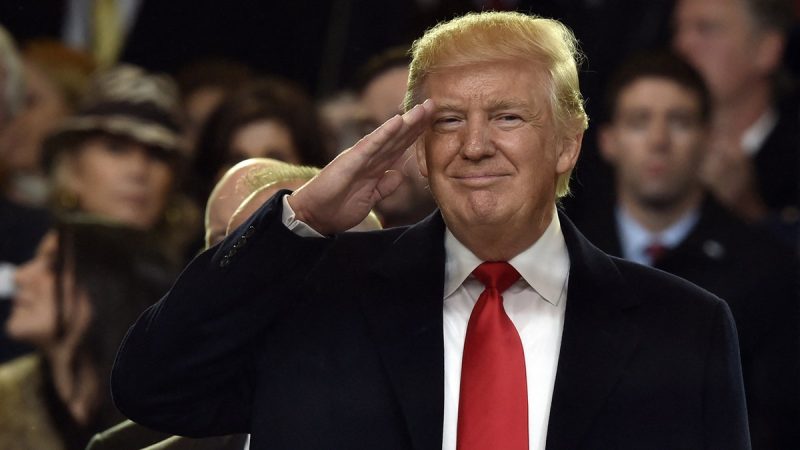The Trump administration has emboldened speculation concerning potential budget cuts as well as a leadership reshuffle within the United Nations (UN). These speculations, which were hinted at by sources privy to the inner workings of the UN, have sparked widespread anxiety and anticipation both within and outside the organization, with numerous implications for its future operations and functionality.
One predominant concern is the possible reduction in the United States’ funding of the UN. As the largest contributor, constituting approximately 22% of the UN’s regular budget, any cuts on the United States’ part would significantly impact the organization’s ability to finance its numerous international programs and services. Several units within the United Nations, such as the peacekeepers, could face immense difficulty in fulfilling their duties should the speculated budget cuts materialize.
In addition to budget concerns, the leadership shakeup that might be on the horizon adds another layer to the uncertainty. With the Trump administration demonstrating a preference for non-traditional tactics while dealing with international organizations, there are plausible suggestions that Ambassador Nikki Haley, the US representative to the UN, could be replaced by another appointee from the Trump Administration.
Transitions within the UN are far from uncommon—since its inception, the UN has seen several secretaries-general come and go. The current atmosphere of intense speculation is not just due to the proposed budget cuts but also the politically charged nature of these proposed changes. An alteration in the U.S. representation could result in substantial changes in UN policies and strategies, however these changes are largely dependent on the perspectives of the new representative and the strategic direction sought by the Trump Administration insofar as UN affairs are concerned.
The looming budget cuts and leadership changes could greatly affect UN-established programs and initiatives. With its extensive global reach, a financially incapacitated UN will not only impact its international staff, offices, and projects, but also its partners and beneficiaries who are spread across the globe. It would without a doubt undermine the efficacy and success of existing initiatives, ranging from peacekeeping missions to child nutrition programs in developing nations.
Speculations about budgetary cuts also come with the vital implication of increased reliance on funds from private sources and other nations. This could drastically alter the dynamics of decision-making within the UN, giving more influence to non-majority contributors and potentially deviating from the original intent and principles of the organization.
Furthermore, proposed leadership changes pose undefined consequences on the organization’s future policy directions. Changes in the U.S. representation could result in a loss of institutional memory and rapport, which might affect the UN’s efficacy in decision-making processes and negotiations.
Ultimately, while the threats of budget cuts and leadership shake-ups at the UN are significant, the exact impact of these speculated changes remains uncertain and depends on several variables. However, the global community, UN employees, and beneficiaries will undoubtedly be on the lookout for definitive answers in the coming days and weeks. This situation underlines the importance of continuity in global governance and the crucial role major contributors like the US play in maintaining stability within international organizations like the UN.






























